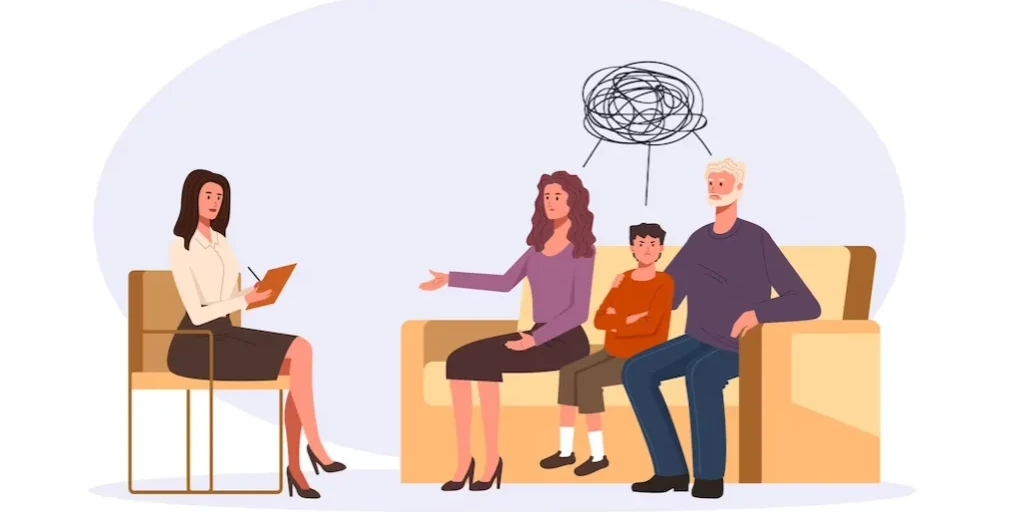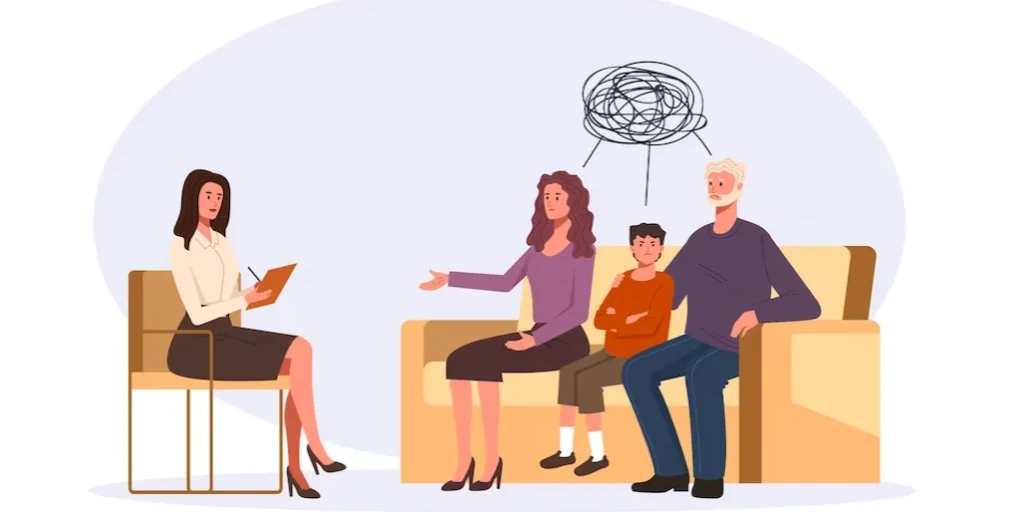24/7 Helpline:
(866) 899-221924/7 Helpline:
(866) 899-2219
Learn more about Eating Disorder Treatment centers in Chestertown
Eating Disorder Treatment in Other Cities

Other Insurance Options

ComPsych

Humana

Aetna

Sutter

Cigna

Medical Mutual of Ohio

Regence

WellCare Health Plans

Choice Care Network

UnitedHealth Group

Magellan Health

Optum

Holman Group

Ambetter

Access to Recovery (ATR) Voucher

Covered California

Premera

Kaiser Permanente

Horizon Healthcare Service
Beacon

Kent County Behavioral Health – A. F. Whitsitt Center
Kent County Behavioral Health is an accredited dual diagnosis and addiction rehab center located in ...

For All Seasons
For All Seasons provides a full continuum of bilingual outpatient behavioral health services and off...

Eastern Shore Alano Club
Eastern Shore Alano Club is a non-profit rehab located in Chestertown, Maryland. Eastern Shore Alano...

Corsica River Mental Health Services – CRMHS Chestertown
Corsica River is a non-profit mental health and substance abuse clinic providing treatment to all mi...

CBH Chestertown: Kent County
CBH Chestertown: Kent County is a public rehab located in Chestertown, Maryland. CBH Chestertown: Ke...







































































































































